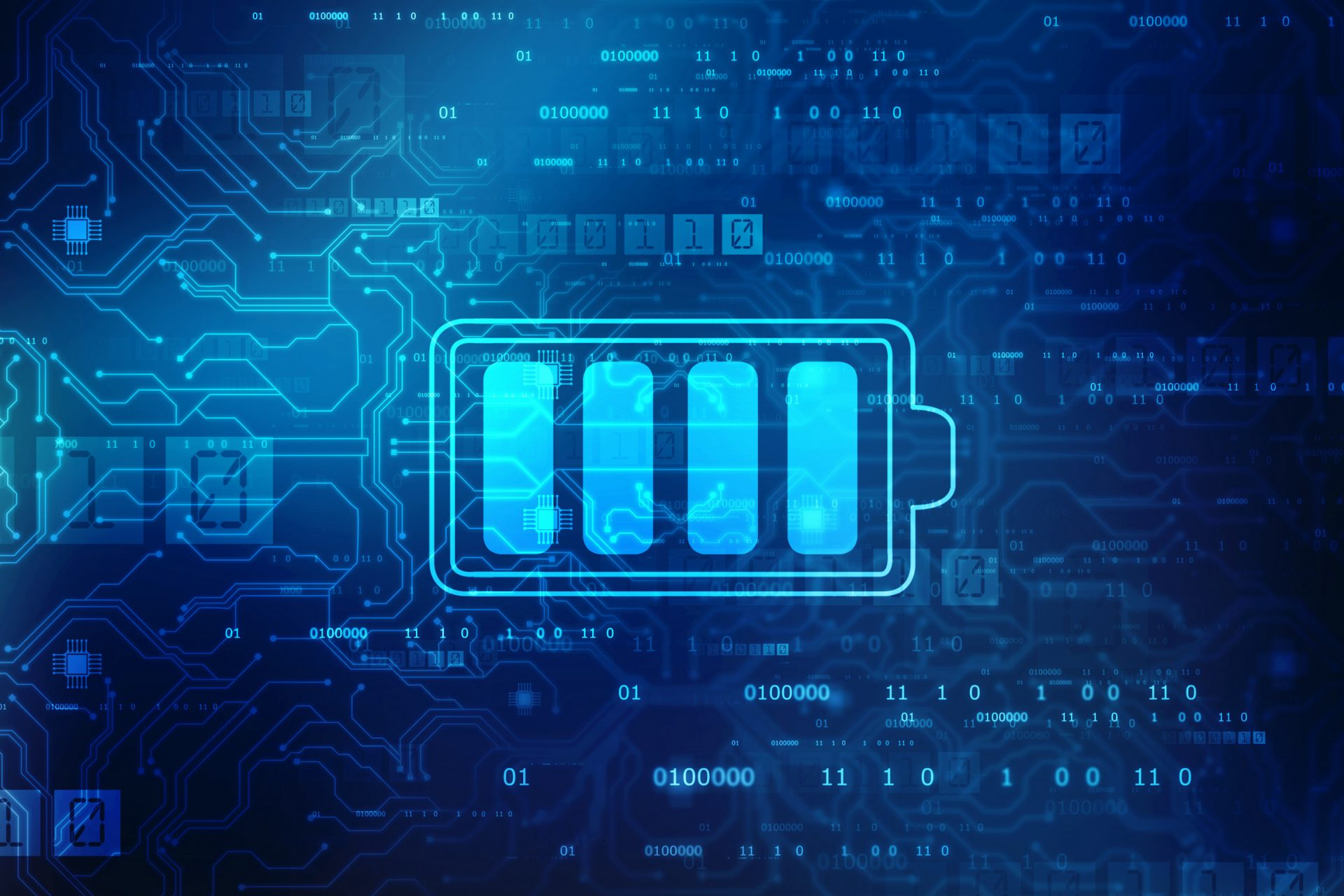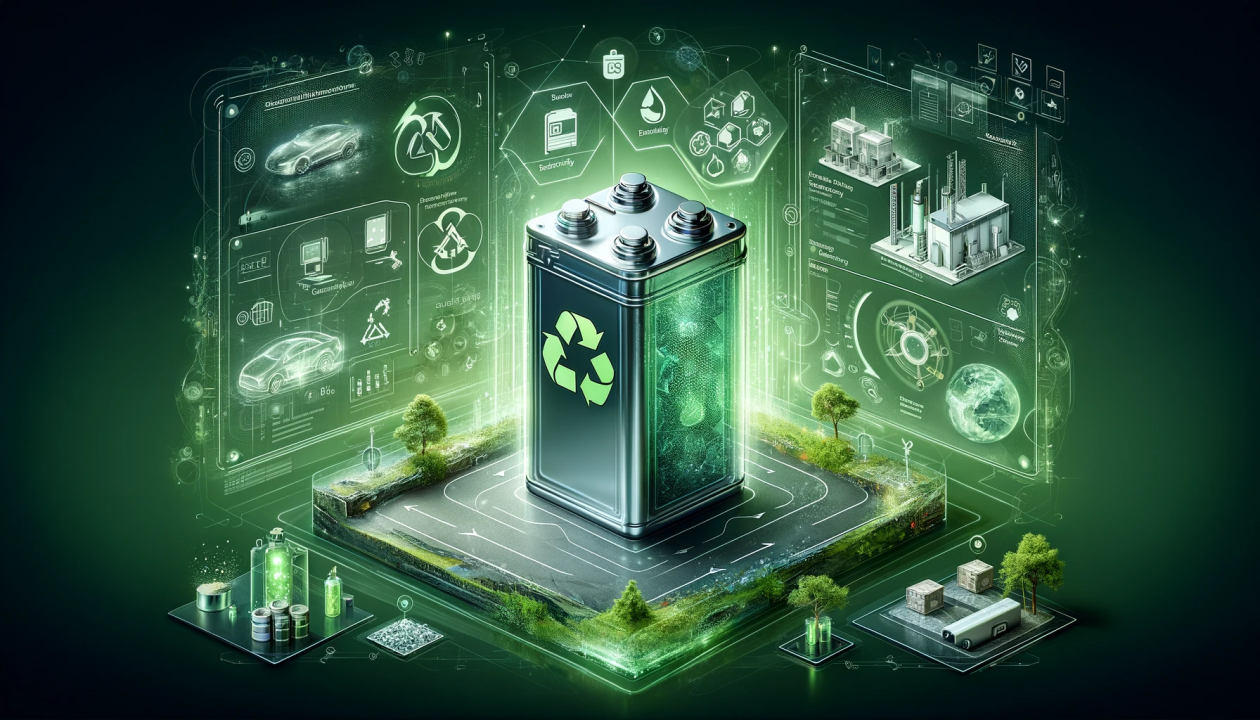
Lithium-ion Battery Recycling: Process & Companies
The rapid growth in electric vehicles (EVs) and consumer electronics has highlighted lithium-ion batteries as a key energy storage component. However, with increased demand comes the need for effective lithium-ion battery recycling to address environmental risks and conserve valuable resources. Recycling these batteries is vital for supporting sustainability, resource recovery, and circular economy initiatives. In this article, we will explore the importance of battery recycling, examine the lithium-ion battery recycling process, and discuss the role of battery recycling companies in the industry.
Why Lithium-ion Battery Recycling is Necessary
Lithium-ion batteries contain a variety of essential materials such as lithium, cobalt, nickel, and manganese—many of which are mined in regions with complex geopolitical and environmental concerns. By recycling these batteries, we can recover and reuse these valuable metals, reducing the need for additional mining and its associated environmental impacts.
Additionally, proper recycling keeps hazardous materials out of landfills. Disposed batteries can leak toxic substances like heavy metals, which can contaminate soil and water. In the case of large-scale batteries used in electric vehicles (EVs), this contamination risk is even greater. That’s why the rise in EV battery recycling companies is critical, as they provide the technology and infrastructure to handle larger batteries safely and effectively.
Moreover, the surging global demand for lithium-ion batteries—especially from the EV sector—makes it imperative to recover materials through recycling. The International Energy Agency (IEA) predicts that the demand for lithium, cobalt, and nickel will increase dramatically by 2030, driven by the global push towards electrification and clean energy solutions. Without efficient recycling practices in place, there’s a real risk of supply shortages, price volatility, and further environmental harm from resource extraction.
The global lithium-ion battery recycling market is valued at USD 16.2 billion in 2024 and is projected to reach USD 56.9 billion by 2032, growing at 17.0% cagr from 2024 to 2029.
Lithium-ion Battery Recycling Process
The lithium-ion battery recycling process involves a series of steps designed to safely recover valuable metals and minimize environmental impact. First, used batteries are collected and sorted based on their chemical composition. To prevent hazards, they are discharged and then dismantled to separate components such as electrodes and casings. The materials are then shredded and mechanically separated. Finally, hydrometallurgical or pyrometallurgical techniques are used to extract and refine metals, allowing them to be reused in new batteries or other products, ensuring sustainability throughout the battery’s lifecycle
Lithium-ion battery recycling is a multi-step process that allows for the recovery of valuable materials. While individual battery recycling companies may employ slightly different methods, the general process remains consistent across the industry:
- Collection and Sorting: First, batteries are collected from various sources, including consumer electronics, industrial equipment, and EVs. Batteries are then sorted by their chemistry and form to ensure they undergo the correct recycling process.
- Discharge: To prevent accidents like fires or explosions, batteries must be fully discharged before dismantling. This is especially important for large EV batteries, where residual energy can pose significant safety risks if not handled correctly.
- Dismantling: The battery is disassembled into its core components, such as casings, electrodes, and electrolytes. Depending on the battery size and design, dismantling can be performed manually or with automated machinery.
- Shredding and Separation: The disassembled components are shredded into smaller pieces, and various mechanical processes—like screening or sieving—are used to separate different material streams, including metals and plastics.
- Material Recovery via Hydrometallurgy or Pyrometallurgy: The separated materials are further processed using either hydrometallurgical or pyrometallurgical techniques. Hydrometallurgy involves using chemical solutions to extract valuable metals, while pyrometallurgy involves high-temperature smelting. Hydrometallurgical methods are considered more sustainable due to their lower emissions, although pyrometallurgical methods remain prevalent in the industry.
- Refinement and Reuse: The recovered materials, such as lithium, cobalt, and nickel, are refined for reuse in the production of new lithium-ion batteries or other industrial applications. This creates a more circular system where materials are continuously recycled and reintegrated into the supply chain.
Battery Recycling Companies
Battery reusing companies are fundamental in decreasing the ecological effect of disposing batteries by recuperating significant materials like lithium, nickel, and cobalt. These organizations are driving endeavors to foster feasible arrangements, guaranteeing legitimate assortment and reusing of batteries from hardware,
Several prominent companies are leading the charge in the EV battery recycling industry, each offering unique technologies and approaches.
- Glencore (Switzerland): A global leader in mining and recycling metals, leveraging vast resources to reclaim valuable materials from EV batteries.
- Umicore (Belgium): Renowned for expertise in recycling and materials technology, focusing on sustainable solutions for end-of-life batteries.
- Cirba Solutions (US): Specializes in the collection and recycling of lithium-ion batteries.
- Contemporary Amperex Technology Co., Ltd. (China): A major battery manufacturer that also emphasizes recycling to support sustainable battery production.
- RecycLiCo Battery Materials Inc. (Canada): Developed advanced recycling technologies to recover high-purity materials.
- Accurec Recycling GmbH (Germany): Focuses on efficient battery recycling processes.
- American Battery Technology Company (US): A key player in reclaiming valuable resources from lithium-ion batteries.
- Ecobat (US): Another key player in the recovery of lithium-ion battery resources.
- Aqua Metals, Inc. (US): Pioneering low-cost, environmentally friendly recycling methods.
- Fortum (Finland): Advancing innovative solutions in the EV battery recycling sector.
innovative hydrometallurgical processes, while Gem Co., Ltd. (China) and Li-Cycle Corp (Canada) are making significant strides in large-scale battery recycling. Neometals Ltd. (Australia) and Redwood Materials Inc. (US) are both driving circular economy initiatives by reclaiming essential materials. Stena Recycling (Sweden), SK Tes (Singapore), and Velio (France) are also integral players, each contributing cutting-edge solutions to the growing demand for sustainable EV battery recycling globally.
To know more Download PDF Brochure
EV Battery Recycling Companies
With the rise of electric vehicles (EVs), several companies have emerged as leaders in EV battery recycling, developing innovative solutions to manage and recycle end-of-life lithium-ion batteries. These companies play a critical role in the sustainability and longevity of the EV industry, helping reduce the environmental impact of battery disposal and ensuring the availability of valuable raw materials for future battery production. Here are some of the key players in the EV battery recycling space:
1. Redwood Materials
Founded by Tesla co-founder JB Straubel, Redwood Materials has quickly become a leader in the EV battery recycling industry. Based in Nevada, the company focuses on recovering valuable materials like lithium, cobalt, nickel, and copper from used EV batteries. Redwood Materials employs both hydrometallurgical and pyrometallurgical processes to recover high percentages of these materials, which can then be reintroduced into the supply chain. By creating a closed-loop recycling system, Redwood aims to reduce reliance on mining and make battery production more sustainable.
2. Li-Cycle
Li-Cycle is another major player in the EV battery recycling market. Based in North America, Li-Cycle has developed a proprietary, eco-friendly process to recover up to 95% of the valuable materials found in lithium-ion batteries. Using their spoke and hub model, the company collects batteries at regional facilities (spokes), processes them to extract valuable metals, and then ships the materials to central processing hubs for further refinement. This decentralized approach helps streamline logistics and makes the recycling process more efficient.
3. American Manganese
American Manganese focuses on advanced hydrometallurgical processes to recycle lithium-ion batteries, particularly from EVs. Their proprietary RecycLiCo™ process is designed to extract high-purity materials like lithium, cobalt, and nickel from used batteries with minimal environmental impact. The company is working to commercialize its technology and has partnered with several automakers to manage their end-of-life battery needs. American Manganese’s recycling process is notable for its low-energy requirements and high material recovery rates, making it a sustainable solution for the EV industry.
4. Umicore
Based in Belgium, Umicore is a global leader in materials technology and recycling. The company has been involved in battery recycling for years and is well-positioned to capitalize on the growing demand for EV battery recycling.
Discover in-depth insights and analysis on the EV battery recycling industry, including trends, technologies, and key players. Download a sample report now to stay informed.
80% of the Forbes Global 2000 B2B companies rely on MarketsandMarkets to identify growth opportunities in emerging technologies and use cases that will have a positive revenue impact.
- Food Packaging Market Size Set for Strong Growth Through 2030 Amid Rising Demand for Convenience Foods
- Fertilizers Industry Set to Grow at 4.1% CAGR Through 2030
- Leading Automated Guided Vehicle Companies 2024: An In-depth Analysis
- CHARGED UP: SHIFT TO E-MOBILITY AND THE EVOLUTION OF TRANSPORTATION
- Global Automotive Market: Predictions For 2024




